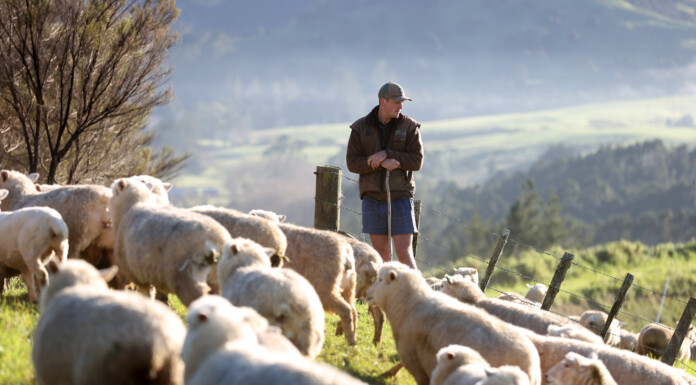I caught up with Act MP Mark Cameron, the chair of the Primary Production Select Committee, recently.
The select committees are a vital part of our electoral system. It is there where the hard work is done. After legislation is read for the first time in the House, it is generally referred to the select committees where they debate the issues. Whereas in the full Parliament, political posturing seems the order of the day, in the Select Committees, common sense generally prevails.
The Primary Production Select Committee currently has a majority of members who are either farmers themselves or have strong links to the rural sector. The one exception is Green MP Steve Abel, who is described as a climate and environmental activist with strong links to Greenpeace. The good news is that he is but a small minority in a pro-farming group.
Cameron knows what he wants from his team, and it is all positive for the rural sector. He wants a collegiate approach when it comes to fresh water, overseer and any law that affects farming. That’s really positive and, I’d suggest, long overdue.
What that means in practical terms is that laws passed will survive a change of government, and that is important. The Labour member of the committee, Jo Luxon, is a practical politician who knows farming. I can’t see her opposing for opposition’s sake, meaning laws passed will stay.
Cameron is committed to having local solutions to local problems. He strongly opposes the top-down approach. He points out that issues like sediment load and pollution, such as e-coli, are issues for individual catchments and not on the basis of one size fits all.
He also believes that the job of central government is to provide a template for the local councils to adapt to their individual challenges. That markets should create environmental requirements and not central government.
For example, I’m totally over the dictums from on high on the basis that Wellington knows best. It doesn’t. What is suitable for Southland is totally different to the issues facing Wairarapa.
I’m also totally over the current circus over Significant Natural Areas, [SNA’s], the crass stupidity of some Regional Councils over Wetlands and the present vagaries of the Resource Management Act. That Cameron wants to fix them in the current term was music to my ears.
I also totally agree with the industry setting scientifically based sustainability and environmental goals that are appropriate to our markets. Again, I don’t want a government edict telling me what the markets want and how we need to change if we are to succeed. Who knows best, a civil servant behind a desk in Wellington or the industry as Fonterra is currently doing with its environmental initiatives?
We also have farmers on other important select committees. Northland’s Grant McCullum is on the Education and Workforce Select Committee along with Suze Redmayne, who is also the Junior Whip, which is an important position.
Of great importance is local MP Mike Butterick being deputy chair of the Environment Select Committee. He will be able to cull out the missionary zeal of the eco-warriors of the Ministry for the Environment and the Environmental Protection Agency, which is vital for our sector.
So, going forward, I’m positive.
Alan Emerson is a semi-retired writer, farmer and businessman living in Wairarapa. He writes a weekly column for Farmers Weekly and has written and/or edited five books.


